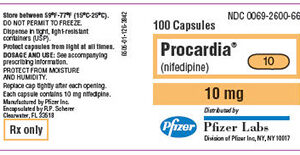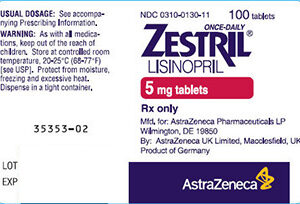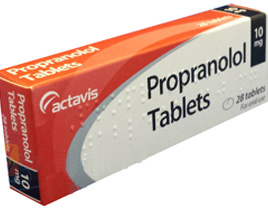Aldactone is a medication that falls under the category of diuretics, specifically known as aldosterone antagonists. The main active ingredient in Aldactone is spironolactone, which acts by blocking the effects of aldosterone hormone in the body. Aldosterone is responsible for regulating the balance of salt and water in the body. By blocking its effects, Aldactone causes the kidneys to excrete more salt and water while retaining potassium. This helps to reduce water retention, swelling, and high blood pressure. Aldactone is primarily used to treat conditions such as heart failure, hypertension (high blood pressure), and edema (fluid retention) caused by various medical conditions.
Restrictions
Aldactone is contraindicated in individuals with known hypersensitivity to spironolactone or any of the other components of the drug. Patients with certain medical conditions such as hyperkalemia (high levels of potassium in the blood), Addison’s disease (a disorder of the adrenal glands), and renal impairment should also avoid taking Aldactone. Additionally, the use of Aldactone in pregnancy and breastfeeding is not recommended, as it may harm the fetus or infant.
Adverse Reactions
Like any medication, Aldactone can cause side effects in some individuals. Common adverse reactions include:
1. Gastrointestinal issues such as nausea, vomiting, and diarrhea.
2. Dizziness or lightheadedness.
3. Increased urination.
4. Headache.
5. Breast swelling or tenderness.
6. Changes in menstrual periods.
7. Skin rash or allergic reactions.
It is important to note that not all individuals will experience these side effects, and they may vary in severity.
Dosing Information
The dosing information for Aldactone should be determined by a healthcare professional, taking into consideration the individual’s medical condition and response to treatment. The usual initial dose for hypertension is 25 to 100 mg per day, while for heart failure or edema, the range is often higher, starting from 100 to 400 mg per day. The medication is typically taken orally, with or without food.
If a dose is missed, it should be taken as soon as possible, unless it is close to the time for the next scheduled dose. In that case, the missed dose should be skipped and the regular dosing schedule resumed. Doubling the dose to make up for a missed dose is not recommended.
In the event of an overdose, seek immediate medical attention. Symptoms of an Aldactone overdose may include electrolyte imbalance, dehydration, confusion, drowsiness, or rapid heartbeat.
How Other Drugs Affect Aldactone
Several medications and substances can interact with Aldactone, increasing the risk of side effects or reducing its effectiveness. It is crucial to inform the healthcare provider about all medications, including prescription, over-the-counter, and herbal products, before starting Aldactone. Some notable examples of drug interactions include:
1. Nonsteroidal anti-inflammatory drugs (NSAIDs) such as ibuprofen and naproxen may reduce the diuretic effect of Aldactone.
2. Potassium supplements, potassium-sparing diuretics, or salt substitutes containing potassium may lead to dangerously high levels of potassium in the blood when combined with Aldactone.
3. Certain antibiotics like rifampin may lower the effectiveness of Aldactone.
4. Lithium may increase the risk of lithium toxicity when used concurrently with Aldactone.
It is essential to consult a healthcare professional for a complete list of potential drug interactions.
Ask and Answer
-
Q: Can Aldactone be used for weight loss?
A: No, Aldactone is not indicated for use as a weight loss medication. -
Q: Is it safe to take Aldactone during pregnancy?
A: The use of Aldactone during pregnancy is generally not recommended due to potential risks to the fetus. Consult a healthcare professional for individualized advice. -
Q: Can Aldactone cause low blood pressure?
A: While Aldactone can lower blood pressure, significant drops in blood pressure are rare. Regular blood pressure monitoring is important during treatment. -
Q: How long does it take for Aldactone to start working?
A: The onset of action may vary depending on the indication being treated. It is best to follow the healthcare provider’s instructions and allow sufficient time for the medication to take effect. -
Q: Can I discontinue Aldactone abruptly?
A: It is important to gradually reduce the dosage of Aldactone under the guidance of a healthcare professional. Abrupt discontinuation may lead to a rebound increase in blood pressure or worsening of the condition being treated.






Reviews
There are no reviews yet.